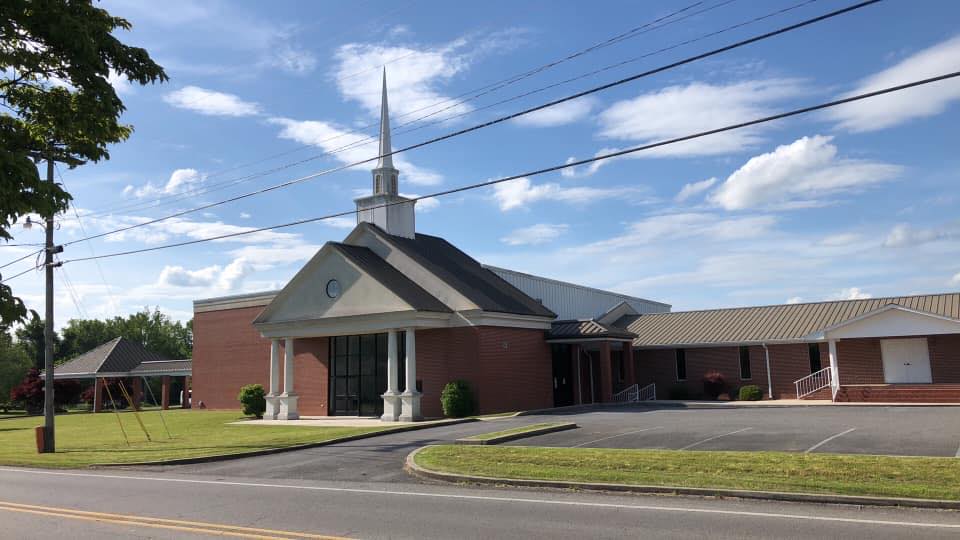After someone comes to faith in Christ, what’s the plan? Is it to bring them to the pastor and see what he says to do? Is it to tell them to come to all the things the church is doing and hope they’ll grow?
Dan Garland said that’s exactly what often happens, but it’s not the way it was meant to be.
“I’d say 90 percent of churches don’t have a systematic way to do [discipleship],” said Garland, director of pastoral ministries and church consulting for LifeWay Christian Resources. “Our churches might have a slogan or a mission statement but not a unified pathway to grow people in Christ-likeness.”
‘Crucial’ part
And often that means that disciple-making — which is a “crucial” part of Christian life — falls by the wayside, he said.
One resource available to help churches develop that pathway is the ALPHA initiative, created by Garland, who was formerly a longtime pastor in Kentucky. The ALPHA strategy gathers pastors and directors of missions (DOM) for a training conference and guides them in developing plans for their churches to help disciples grow. The Alabama Baptist State Board of Missions (SBOM) is an ALPHA initiative partner.
Before attending the meeting, participants read four books on spiritual growth and the group process. Then during the meeting they tackle the assignment of planning a program of discipleship for their church and receive feedback from the group on their plan.
Garland walked a group of 13 pastors and DOMs from Alabama and Mississippi through this process at a recent conference in Mississippi. He encouraged pastors not only to help their churches provide multiple discipleship groups but also to spend time with individuals or groups themselves and “pass their faith along” in a systematic fashion. Those who are discipled should then be challenged to go and disciple others.
Garland said his office tracks all ALPHA participants and about 80 percent see growth in their churches.
Conference leader David Francis, director of Sunday School at LifeWay, said Sunday School is an effective tool for the assimilation of new members, but the genius of Sunday School is that it need not be confined to Sunday mornings.
“Churches are finding success with Bible study classes during the week on site or off premises, such as in members’ homes,” Francis said. “And we (LifeWay) have three major curriculum options as well as multiple short-term studies that can be used. Pastors and churches can choose the option that works best for them.”
Francis also said how Sunday School is carried out is important — Bible study that involves members in meaningful discussion is more effective than a lecture.
“What we think our classes ought to do is to move from rows to circles,” he said. “The group process is enhanced, not hindered. A small group sitting and facing each other is more likely to discuss the implications of Bible study and better learn how these truths affect our daily lives.”
‘Important work’
Jim Futral, executive director of the Mississippi Baptist Convention Board, told those participating in the conference that it’s vital for churches to “learn to do the important work of making disciples.”
“Followers of Christ are called ‘Christians’ twice in the New Testament, and that’s a great descriptor,” he said. “But they’re called ‘disciples’ more than 200 times.”
Discipleship is “messy and it’s hard,” Futral said. “But this is what Jesus modeled and what He called us to do.”
For more information on the ALPHA initiative, contact Daniel Edmonds, director of the SBOM office of Sunday School and discipleship, at 1-800-264-1225, ext. 285 or email him at dedmonds@alsbom.org.






Share with others: